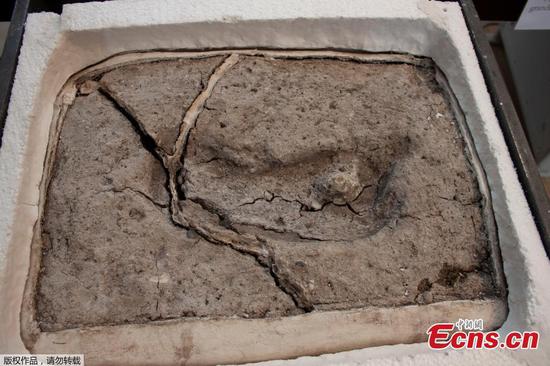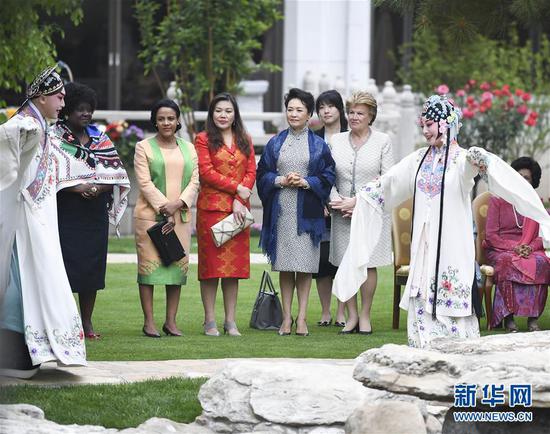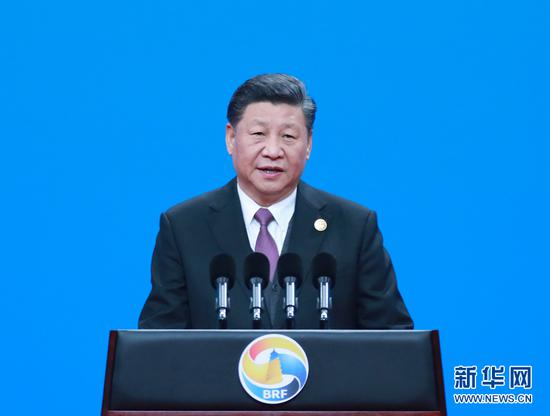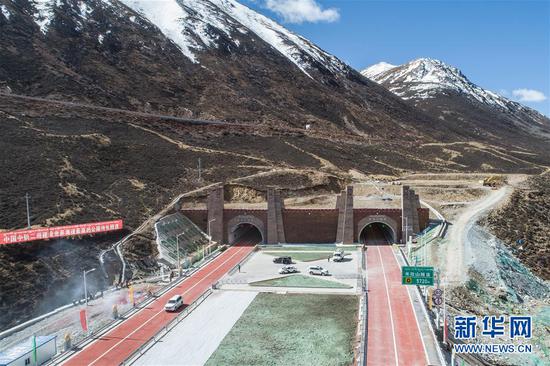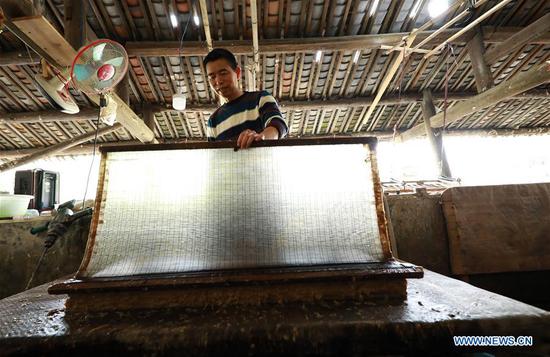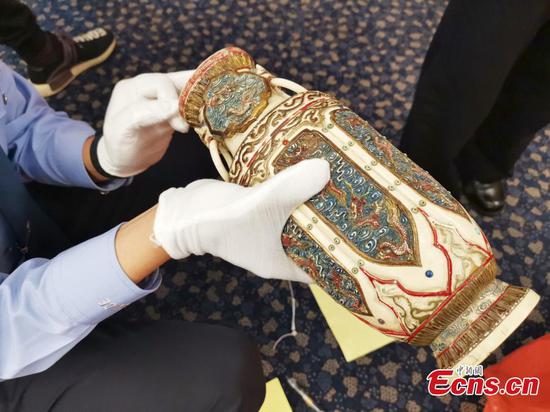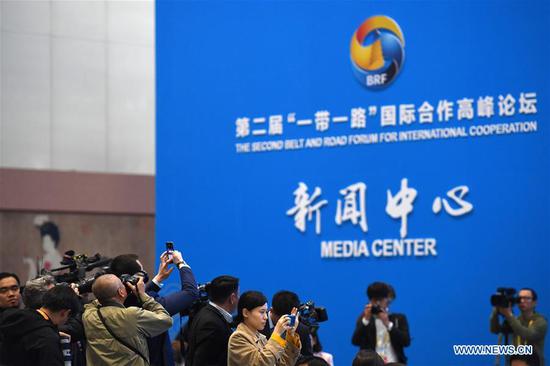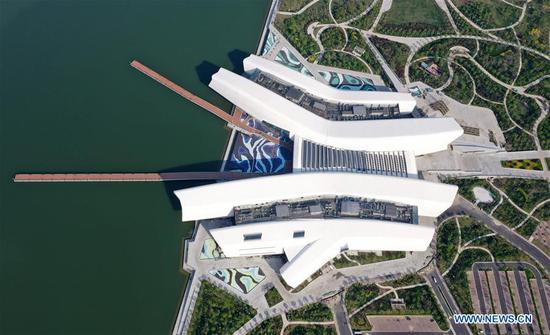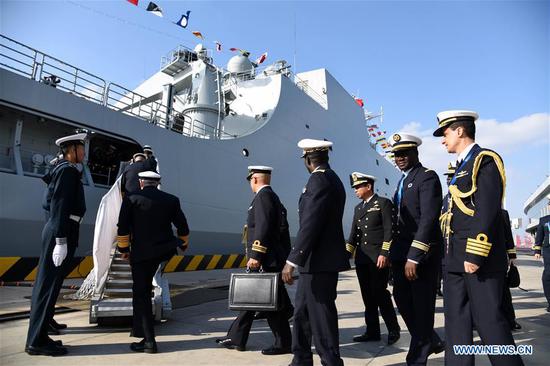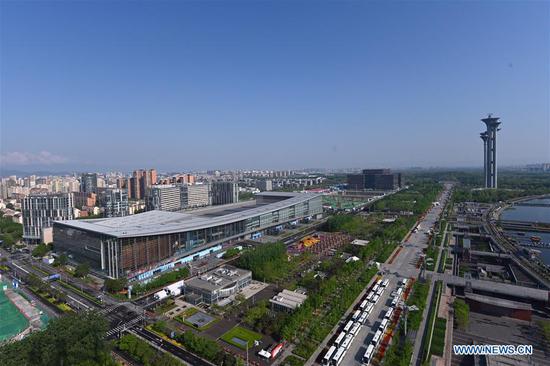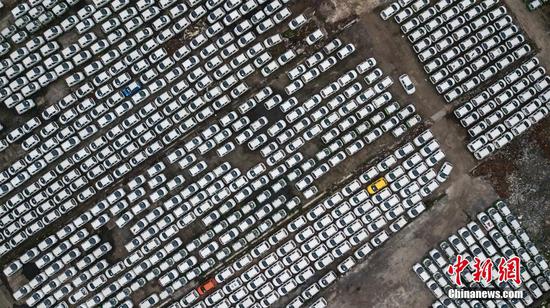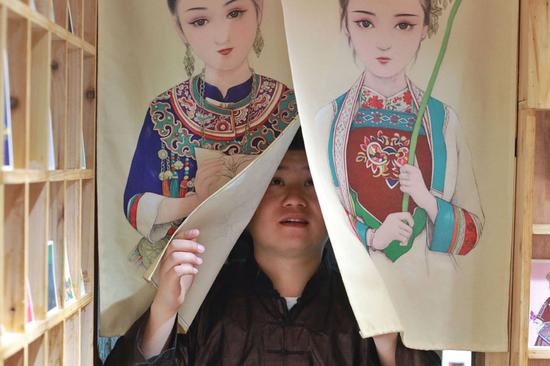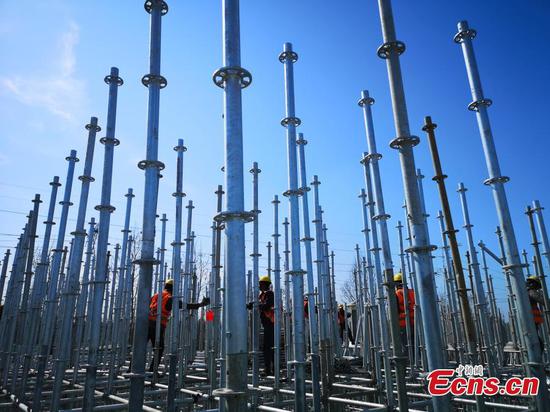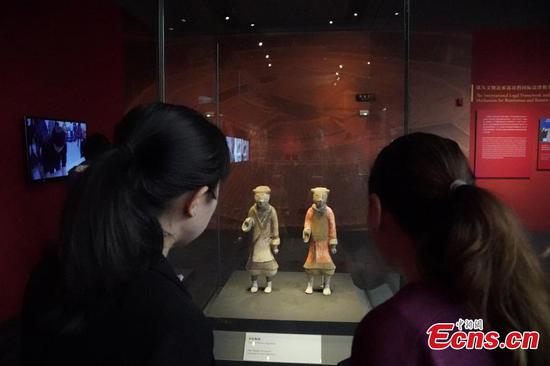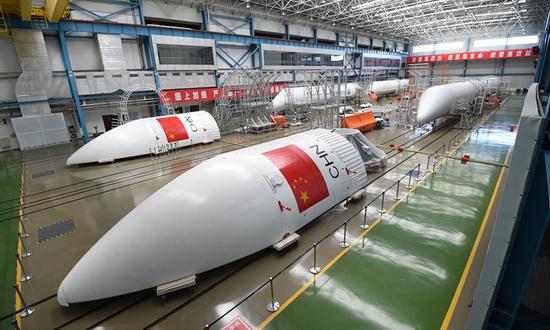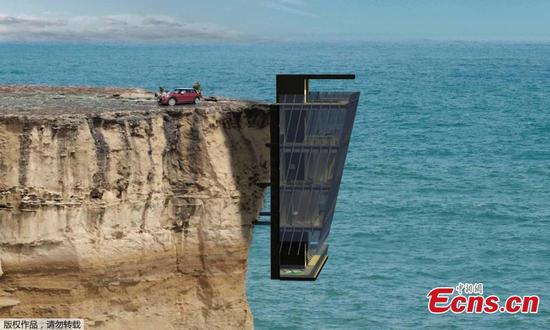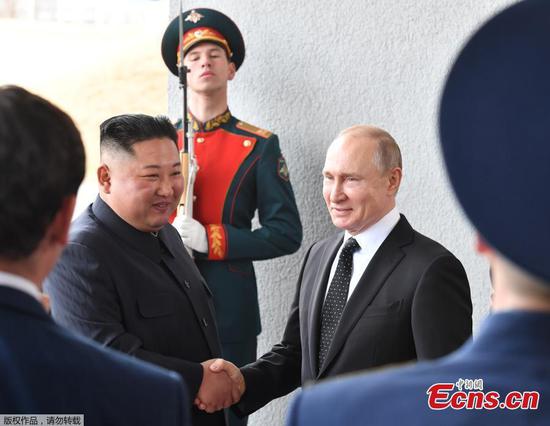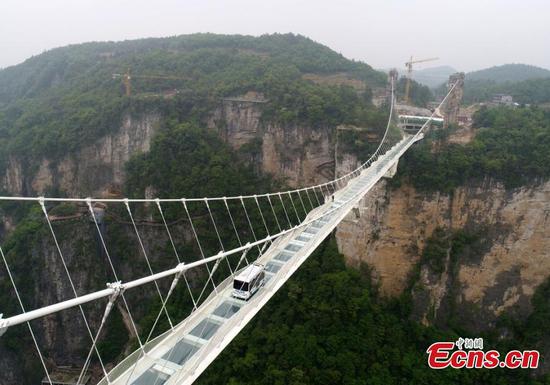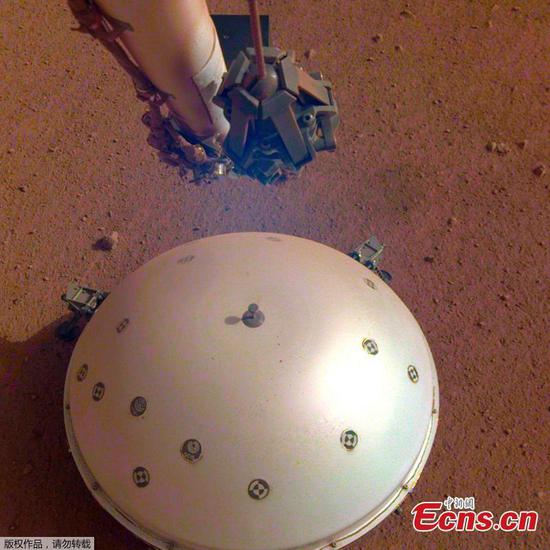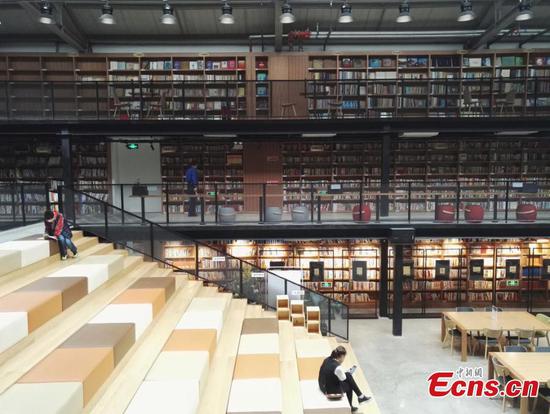China's ambassador to the UK, Liu Xiaoming, has called on countries and companies to work together to mitigate concerns over 5G technology in the wake of debate over the role of Huawei in the European nation's next generation mobile network.
Britain's National Security Council, chaired by Prime Minister Theresa May, has reportedly agreed to allow Huawei access to "noncore" parts of the 5G mobile infrastructure, despite concerns among some members of the government.
Ambassador Liu, writing in the Sunday Telegraph newspaper, argued that while security concerns over the development of 5G networks are understandable given the new technology "is not perfect and does still need improvements," the risks can be managed so long as countries and companies work together.
In the article, Liu outlined three questions facing the UK: Will it make decisions independently? Will it pursue free and open trade and investment? Will it choose win-win cooperation?
He argued that by focusing on long-term goals, backing globalization and maintaining independent decision making, openness and cooperation, China and the UK can "work together to build a future of win-win results."
Read Ambassador Liu Xiaoming's Sunday Telegraph article in full:
Britain can and must work with Huawei on 5G
Huawei is again making headlines in the UK. This week has seen the start of a heated debate over what decision to make with regard to the development of the UK's 5G network and whether the company represents a security threat. But what seems like a simple choice between different 5G suppliers actually hinges on three very important, binary decisions that face the UK.
First, will the UK choose independent decision making or not? Countries of global influence, like the UK, make decisions independently and in accordance with their national interests. With regards to Britain's relationship with China, this has been best illustrated by the UK's decision to be the first to issue the Renminbi sovereign bond, the first major Western country to join the Asian Infrastructure Investment Bank (AIIB), the first to contribute to the AIIB special fund, the first to sign the Guiding Principles on Financing the Development of the Belt and Road, and the first to appoint a special envoy and set up an expert board for the Belt and Road Initiative.
When it comes to the establishment of the new 5G network, the UK is in the position to do the same again by resisting pressure, working to avoid interruptions and making the right decision independently based on its national interests and in line with its need for long-term development.
Second, will the UK choose open and free trade and investment or not? As protectionism spreads from trade to investment and cyber space, the world follows closely the direction in which a post-Brexit UK, the standard-bearer of free trade, will be heading. The UK carries on its shoulders the responsibility for safeguarding free trade and opposing protectionism.
So does China, which is working to deepen reform and open its market more widely to the world. The last thing the world needs is the introduction of any sort of discriminatory measures towards companies involved in 5G network development. The last thing China expects from a truly open and fair "global Britain" is a playing field that is not level.
Third, will the UK choose win-win cooperation or not? In an age of globalization, no country can achieve development behind closed doors. Win-win cooperation is the only way forward.
In the development of 5G networks, security concerns are understandable. This is because 5G, as a representative of an entirely new generation of communications technology, is not perfect and does still need improvements. The risks should be taken seriously but risks must not be allowed to incite fear. They can be managed, provided countries and companies work together.
Huawei has had a good track record on security over the years, having taken the initiative to invest in a Cyber Security Evaluation Centre which employs an all-British monitoring team. The company has been working hard to improve its technology and to enhance the security and reliability of its equipment.
In Britain, Huawei has contributed £2 billion to the economy over the past five years through investment and procurement, and created more than 7,500 jobs in this country. Across the world, it has built more than 1,500 communications networks, works in more than 170 countries and regions and provides services to more than one third of the world's population.
This not just showcases the progress of a single company but bears testimony to the success of win-win cooperation.
George Herbert said, "To a crazy ship, all winds are contrary." In this new round of technological revolution, one must take care to find the right direction to choose, one that leads to a bright future and real prosperity.
If China and the UK can keep the long-term goal in mind, follow the trend of globalization and stick to independent decision making, openness and cooperation, they can work together to build a future of win-win results.










